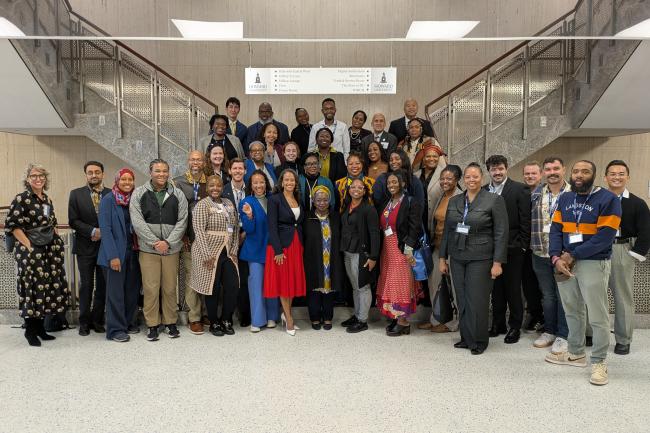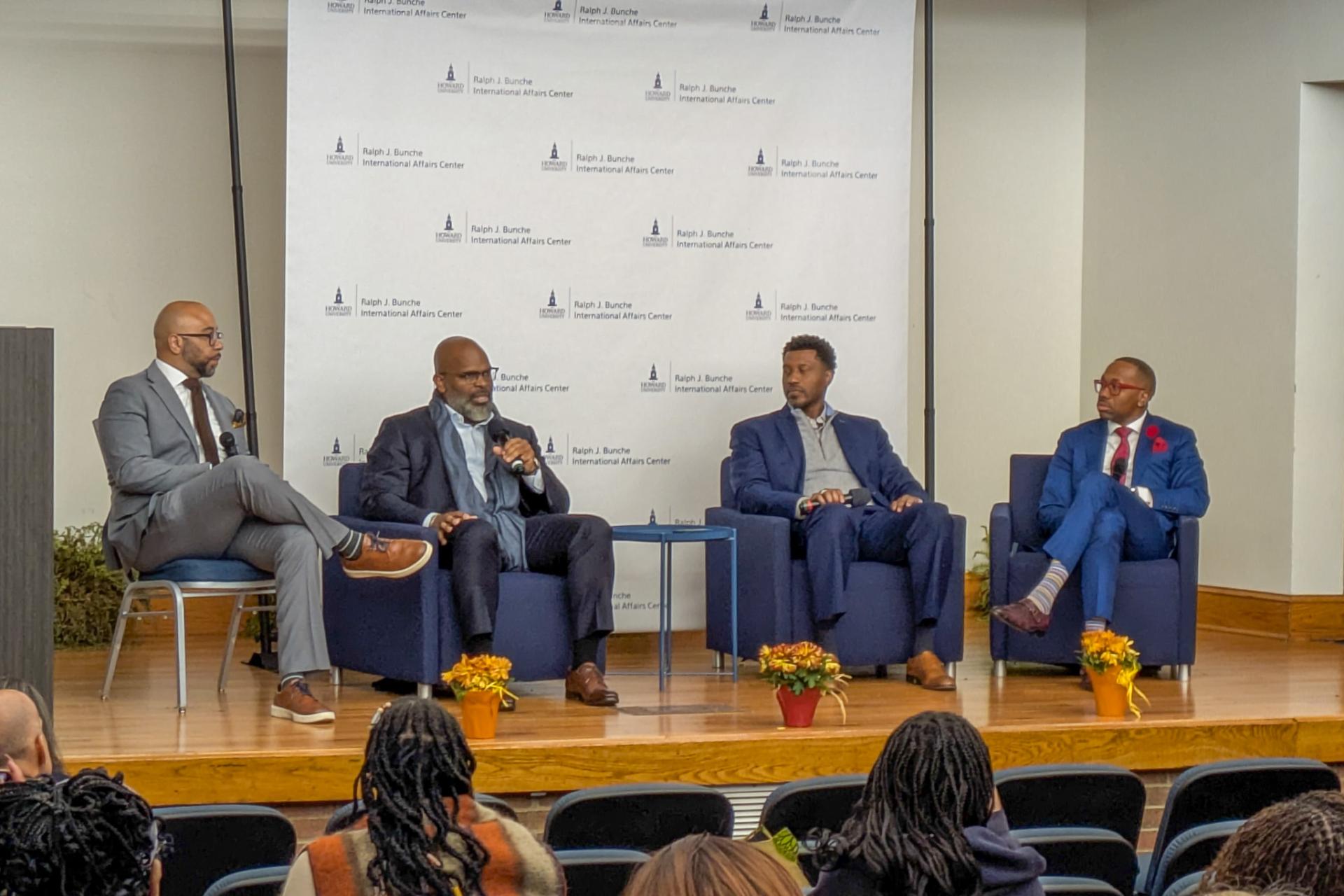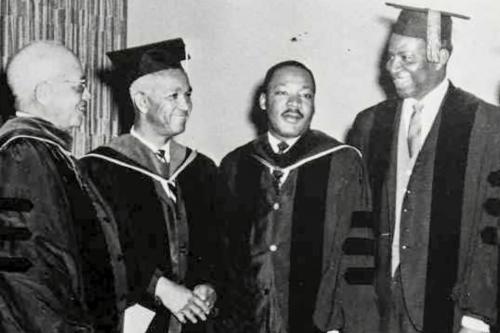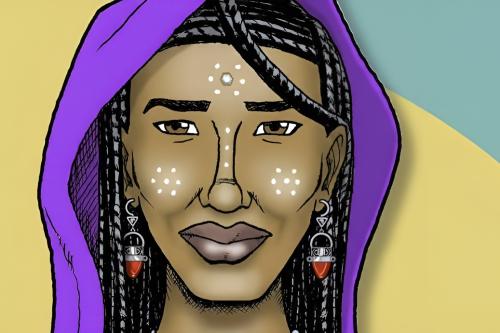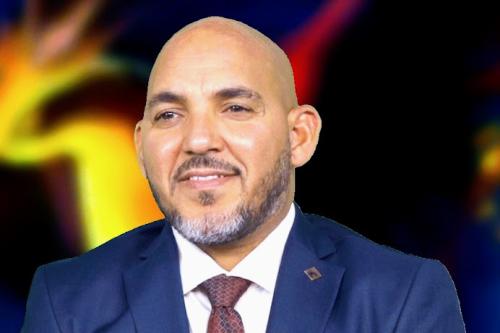Howard University welcomed HBCU administrators, faculty, staff, students, and partners for the fourth biennial HBCU Symposium on Internationalization, a two-day convening focused on sharing best practices, building equitable partnerships, and charting next steps to expand global learning across historically Black institutions. The university’s Ralph J. Bunche International Affairs Center organized the symposium, which featured keynotes, panel discussions, workshops, and student-centered sessions.
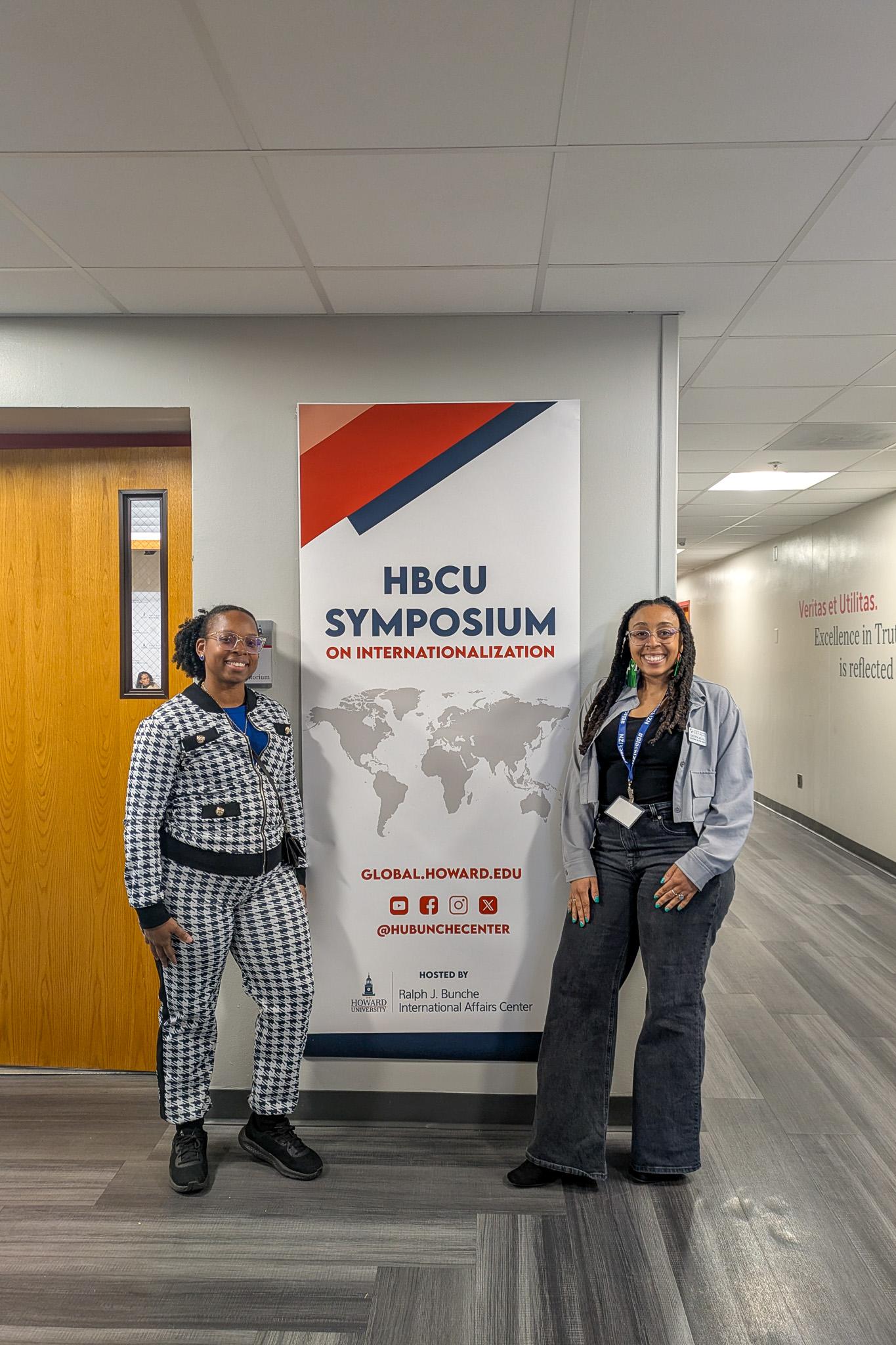
Tonjia Hope, Ph.D., executive director of the Bunche Center and symposium organizer, developed the convening’s guiding framework around Black internationalization — a field-advancing approach rooted in HBCU history and mission. As Hope outlines, Black Internationalization responds to persistent inequities in dominant internationalization models and elevates practices long present at HBCUs. Its five pillars emphasize Service-Centered strategies; Collaborative Program Design/Equitable Partnerships; Destinations for Connection and Uplift; Accessible Pathways for International Students; and Curriculum Centering Marginalized Voices. Taken together, the framework seeks to re-envision student mobility, strengthen transnational collaborations, and re-think curriculum design through an HBCU lens.
Opening the symposium at a Sunday evening reception in the UNCF Headquarters (the temporary home of the Bunche Center), interim president and president emeritus Wayne A. I. Frederick, Ph.D., framed the gathering as a moment for action and shared purpose.
“Tonight, we gather not simply to talk about the world, but to shape our institutions’ place in it,” he said.
Frederick saluted Hope’s leadership and the framework’s influence at Howard, calling Black internationalization “an essential framework for the future of global education” and underscoring that HBCUs, “born out of the struggle for equity,” bring a necessary perspective to international work that centers justice, cultural connection, and dignity.
Throughout his remarks, Frederick urged HBCUs to normalize access to international learning.
“Global engagement is not a luxury; it is a necessity,” he said, challenging campuses to ensure that a student’s zip code or family income never determines their potential participation in research, internships, or exchanges abroad. He further called for durable funding, public-private partnerships, faculty champions, and sustained storytelling to explain why HBCU global education is vital to competitiveness and problem-solving.


